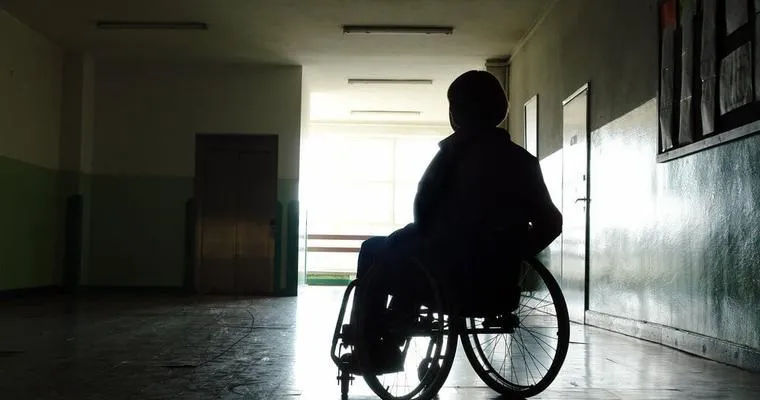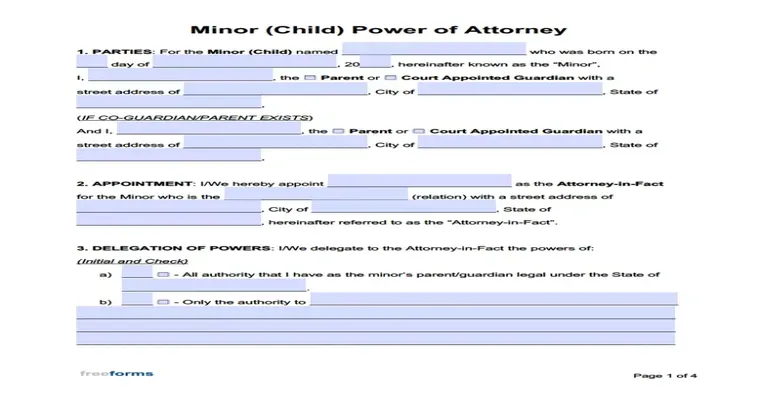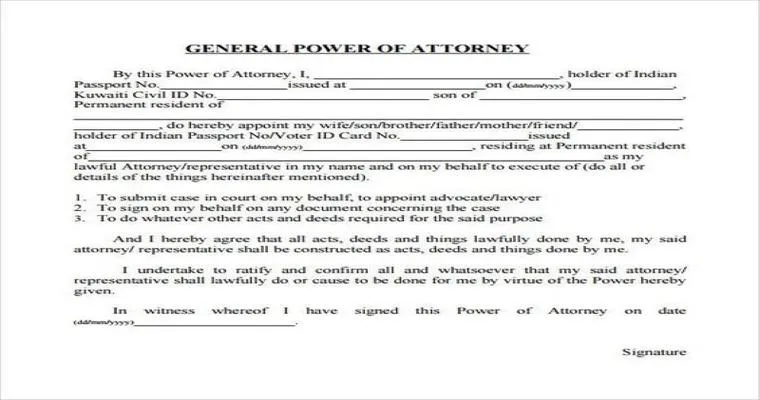When it comes to the authority of a "Power of Attorney (POA)", many people wonder about the limitations and responsibilities that come with this designation. A common concern is whether a POA can "deny visits with family members". Understanding the nuances of POA authority is essential for caregivers, family members, and those contemplating assigning a POA. This article will explore the roles and limitations of a POA in relation to family visitations, helping you navigate this complex topic.
A "Power of Attorney" is a legal document that grants one person (the agent) the authority to make decisions on behalf of another person (the principal) when that person is unable to do so. This authority can cover various aspects of the principal's life, including financial matters and healthcare decisions. However, the extent of this authority can vary significantly based on how the POA is structured and the specific laws of the state in which it is enacted.
The question of whether a POA can deny visits with family members is not straightforward. Generally speaking, a POA does have the authority to make decisions regarding the principal's care and wellbeing. This can include decisions about who may visit the principal, especially in situations where the principal is incapacitated or in a healthcare facility. However, the agent's decisions should ideally align with the principal's wishes and best interests.
If a principal has expressed a preference for certain family members to visit and others to be restricted, the POA must respect those wishes. On the other hand, if no such preferences exist, the POA may exercise discretion in allowing or denying visits. It is crucial for the agent to communicate openly with family members and to document any decisions regarding visitations to avoid misunderstandings or conflicts.
In some cases, a "healthcare POA" may have the authority to restrict visits based on the principal's health condition or emotional state. For instance, if the principal becomes agitated by certain family members' presence, the agent may decide to limit or deny those visits. Ultimately, the agent's primary responsibility is to act in the best interest of the principal, which may sometimes mean making difficult choices regarding family interactions.
It is also important to note that family members may have legal rights concerning visitations, especially in states with laws that protect the rights of relatives to visit loved ones in healthcare settings. If a family member believes that their right to visit is being unjustly denied by a POA, they may seek legal counsel or intervention to address the situation.
In conclusion, a "Power of Attorney" can deny visits with family members under certain circumstances, but this authority should be exercised with caution and in alignment with the principal's wishes. Open communication among family members and a clear understanding of the POA's responsibilities can help ensure that everyone's rights and feelings are respected. If you are facing a situation involving a POA and family visitations, consider consulting with a legal professional to better understand your rights and options.





